While my travel discomfort tolerance is fairly high, I’ll be the first to admit I like nice things too. Sure, schlepping through cheap hostels on a budget Andean backpacking trip is nice, but so are zillion thread-count sheets and expensive bottles of wine.
And all these finer things in life are even better when they’re free – or at least procured at a significantly reduced price.
As far as freebies at luxury hotels go, it’s hard to beat a free breakfast for two or a generous property credit to subsidize the cost of that overpriced martini. Let me sleep in past check-out time in a club level room, and I’m a happy camper. With all things considered, there’s no better way to get said freebies than by booking through the right booking portal.
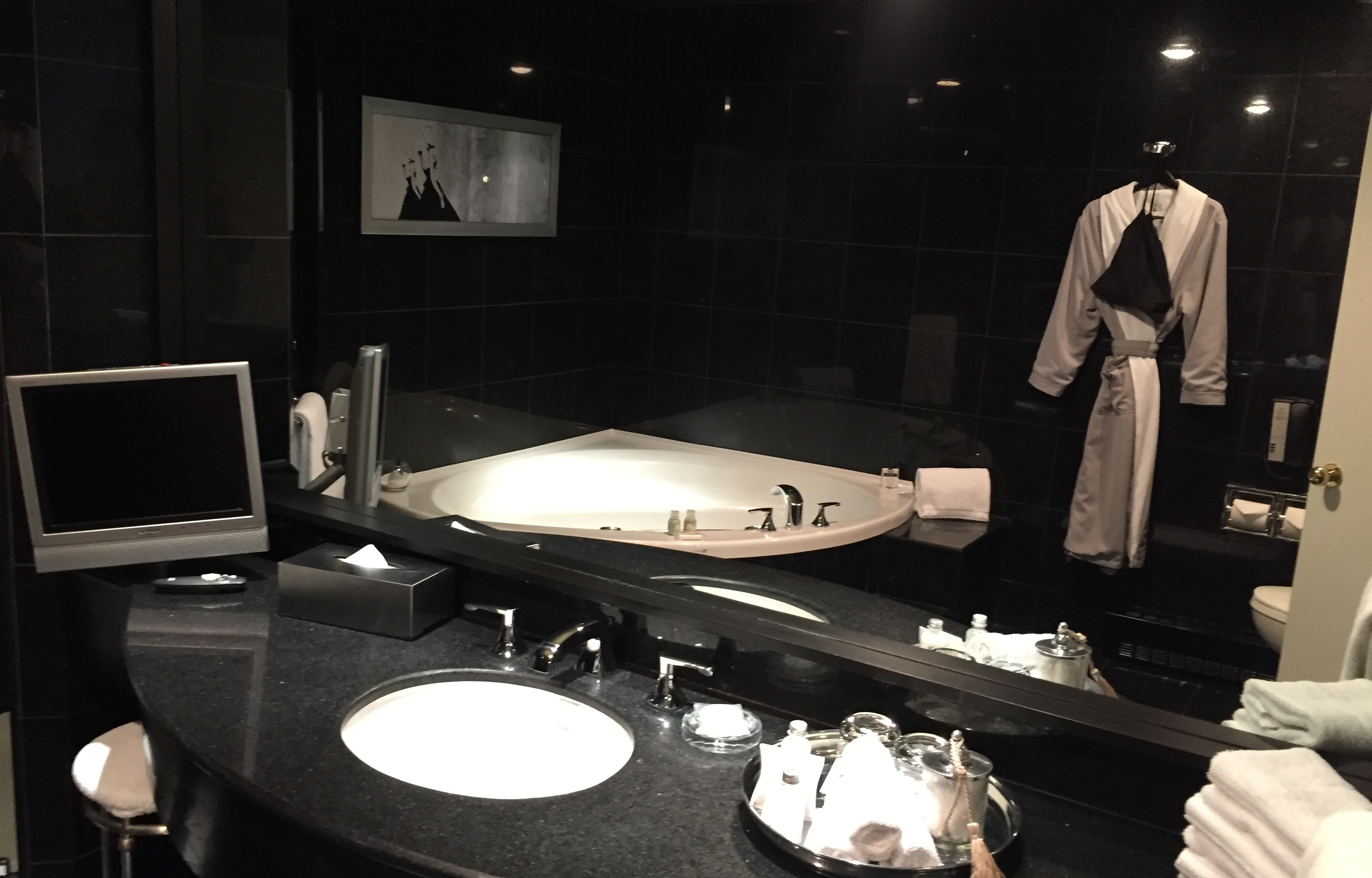
How is this all possible?
When you hear tony names like Shangri-la and the Peninsula, you might imagine a world of carefree extravagance, where undoubtedly well-heeled guests have every whim and desire satisfied through an endless pool of profit gleaned from sumptuous $1,000-a-night suites.
But the five-star hotel market can be a fiercely unforgiving place. The market’s bounced back in the past few years, but high-end operators are well-accustomed to grasping at disappearing margins in the face of ever-rising operations costs and increasingly price-sensitive travelers.
Also consider that while mainstream hotels lure frequent travelers with loyalty programs, many top-tier properties like the Mandarin Oriental and Four Seasons can’t be bothered with the plebeian frivolities that are “points” and “miles.”
So how these swanky establishments stay competitive?
Through various strategic partnerships, which is really just a fancy way of saying “giving away tons of free stuff while maintaining the allure of exclusivity and expensiveness.”
By far, the preferred method among higher-end hotels of maintaining this exclusivity is through special booking portals, most commonly offered by banks to a supposedly select group of cardholders.
But in reality, just about anyone has access to these generous hotel packages.
About runaway hotel benefit valuations

Before I get ahead of myself, I should mention that toeing the line between seeking value and living it up while travelling requires a much harder approach to evaluating “free benefits” than some of the runaway valuations you see around the Internets these days.
For example, many booking packages will include something like a “free” $100 food and beverage credit, breakfast for two (up to a $72 value), and an upgrade to a preferred room ($75 difference in nightly rate). Sounds great, right?
The particularly bullish blogger might then add this to being equal to $247 in “value” and subtract it from your nightly rate. Suddenly, a $500 stay costs *only* $253 thanks to these freebies.
No.
That is not how this works. That’s not how any of this works.
Such generous valuations forget that food and everything else is often grossly overpriced at hotels, even more egregiously so at high-end ones. It’s like the hotel saying that you get $20 worth of free stuff at the lobby cafe every morning. This sounds great, until you find that the hotel also charges $20 per cup of your average joe. You’d be hard-pressed to say that you’re really getting $20 worth of value out of the deal, especially when you can get coffee for a more reasonable $2 at the Starbucks across the street.
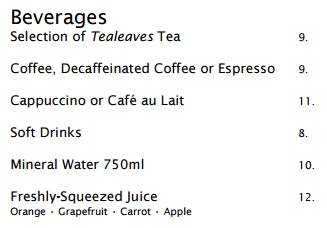
Which is to say, they also gloss over the cost of substitute goods.
When I’m travelling on a shoestring budget, I can usually get away with a hearty breakfast for $2-12, depending on the GDP per capita of whichever country I find myself in. So what could I possibly do with $72 worth of grossly marked-up bagel and cream cheese? Even when I feel like splurging, there’s usually no reason to pay the $5-per-glass premium on a decent scotch at a ritzy hotel bar than the comparably respectable establishment down the street.
Since most of these benefit packages are designed for two people, no where is this conflation of value more evident than when you’re traveling alone. What good is $100 on dinner for one? Sure, it’ll buy you more than a few generous pours of top-shelf scotch, but you’ll probably end up spending much more than you ever intended to consume.
It’s like a hotel offering you not $20 coffee, but 20 cups of free coffee during your one night stay. That’s great and all (I do love my coffee), but I’d be ill-advised to take full advantage of this benefit lest I plan to spend all night bouncing off the walls in between my Olympic weight sets.
That’s why most of the time, it’s hard for me to justify spending top dollar at a fancy hotel. If you’re regularly splurging on 5-star stays, congratulations – you’ve made it in life. Why are you reading my blog?
What works for me
As a general rule of thumb, I usually only stay at 5-star hotels when the paper value of the benefits effectively brings down the nightly rate well-below that of a budget or mid-range hotel. In other words, I only live it up at a luxury hotel when the nightly rate is too good to pass up.
This is a little hard to understand in the abstract, so let me give you a few concrete examples of how this has played out this past year:
The Ritz-Carlton Washington D.C.
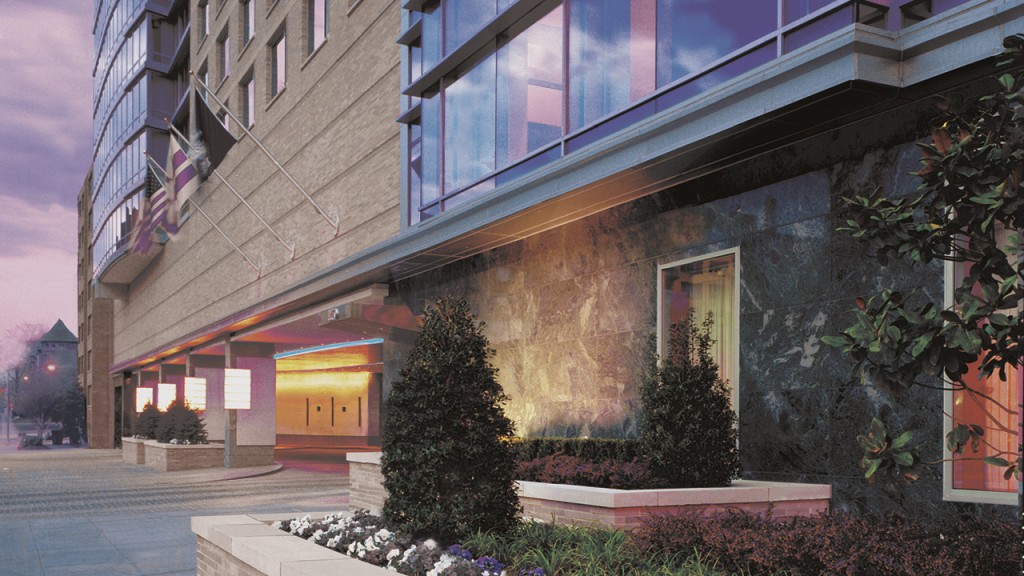 Lowest nightly rate I booked = $229
Lowest nightly rate I booked = $229
Free $100 F&B credit + $72 breakfast credit = $172
Difference = $57, compared to an average mid-range hotel nightly rate = $90-125
Mandarin Oriental Macau
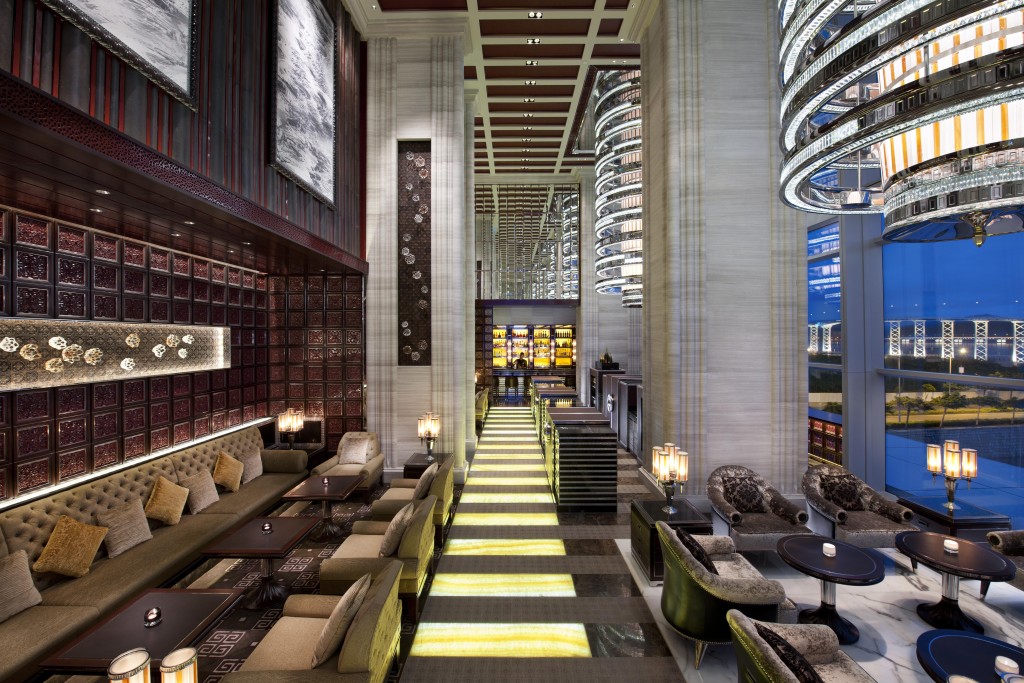 Lowest nightly rate I booked = $199
Lowest nightly rate I booked = $199
Free $100 F&B credit + free breakfast for two ($80 value) = $180
Difference = $10, compared to an average mid-range hotel nightly rate = $70-100
Loews Vogue Montreal
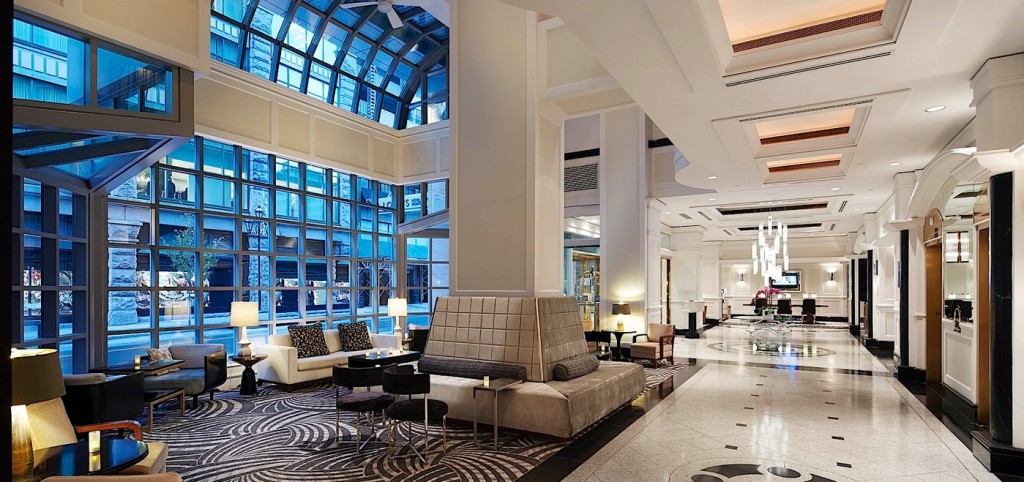 Lowest nightly rate I booked = $156
Lowest nightly rate I booked = $156
Free $100 F&B credit + $68 breakfast credit = $168
Difference = -$12, compard to an average mid-range hotel nightly rate = $75-100
In many ways, this isn’t an ideal comparison. This method doesn’t directly address the inflated prices at hotel restaurants and bars. It also doesn’t consider the fact that my travel alternative is more often someone’s couch (free) than a mid-range hotel.
But in my mind, combining generous portal benefits with below-market nightly rates is a fair compromise. Plus, I have to admit – a bit tempting. I snagged the $199 rate at the Mandarin Oriental Macau not long after the hotel’s debut during the off-season. The lowest paid rate at this property easily pushes past $400 during busier seasons.
But in the rare instances when the book value of your portal benefits actually exceeds the cost of the nightly rate, well, even stingy old me wouldn’t argue that that’s not a good deal.
Where to book: the major players
With that long-winded introduction and disclaimer out of the way, I’ll run through each of the major hotel booking portals in my next post. They are, in no particular order:
- American Express Fine Hotels & Resorts (Platinum & Centurion)
- American Express Hotel Collection (Gold)
- Virtuoso Travel Network
- MasterCard World Elite Luxury Hotels & Resorts
- Chase Luxury Hotel & Resort
- Visa Signature Collection
Stay tuned!
Looking forward to this!
Timely article! Looking at EU next fall and need to start looking at CCs, sign-up bonuses, and hotels. Feel free to use Rome, Venice, Frankfurt, and Boppard, Germany (off the beaten path and our longest stay in one place) in any other examples. :D. Seriously, just finding out about the World Elite and Signature Visa portals helps, since I have cards with that status.
I second places in Italy! Going next April thanks to the British airways sale and just booked Villa Cora in Florence with visa signature… Virutuso actually had a deal for them too with $75 F&b credit instead of $25 but didn’t have the “vip status” (whatever that means) that comes with Visa. Problem is I never heard back from the Virutuso travel agent. Wonder how often those upgrades actually happen…
Me too!
Bangkok would make a good SE Asia example case if you have the time.